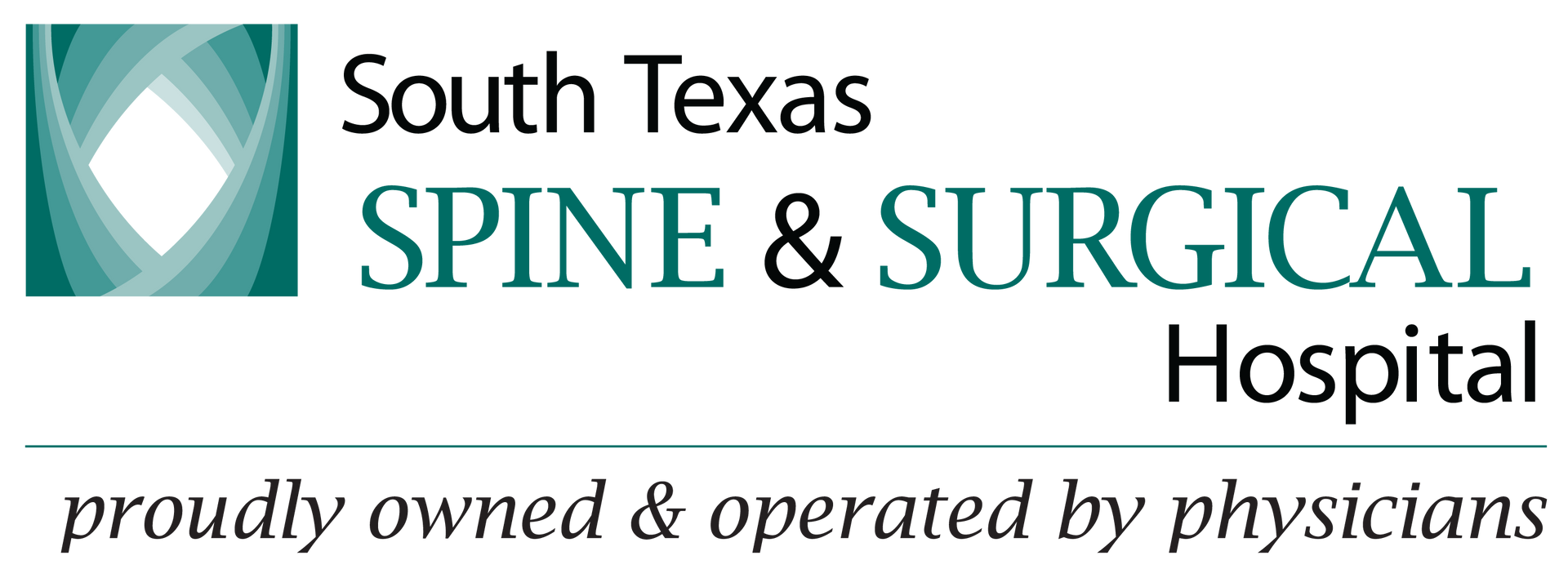Let's Talk About Concussions: A Message From Dr. K

MD Spine Care | San Antonio, TX
I need to tell you something that catches almost everyone off guard: You don't have to hit your head to get a concussion.
I know it sounds counterintuitive. But here's what actually happens: your brain can move quickly inside your skull from any sudden jolt, and that movement alone disrupts how your brain communicates with the rest of your body. I see this all the time with my patients after car accidents, falls, or even what seemed like "minor" impacts.
So if you've been feeling off, even though you never hit your head? You're not crazy. You're not weak. And you're definitely not overreacting.
What You Might Be Experiencing Right Now
Concussions don't always announce themselves dramatically. Most of the time, they whisper:
- Head pressure or headaches that just... appeared
- Brain fog—like you're thinking through molasses
- Dizziness or feeling unsteady on your feet
- Lights and sounds feel too intense
- You're exhausted, emotional, or just "not you"
Sometimes these show up immediately. Sometimes they creep in over days. Both are completely normal.
Here's what I need you to hear: Your symptoms matter. Full stop. They deserve real attention, not someone brushing them off with "you'll be fine."
Why Do I Care So Much About This
When concussions go untreated or when someone tries to "tough it out," symptoms can stick around way longer than necessary. I've watched patients suffer for months because they thought they just needed to push through.
That breaks my heart because it doesn't have to be that way.
My job isn't just running tests and making a diagnosis. My real job is helping you understand what your body is trying to tell you, and then guiding you back to feeling like yourself again at a pace your nervous system can actually handle.
Because here's the truth about healing: it doesn't happen by forcing yourself to rest all day or by forcing yourself to power through. It happens in the careful balance between the two, with the right support at the right time.
How We'll Work Together
When you walk into my office, we're going to take this one step at a time. No rushing. No judgment.
Here's our approach:
- A gentle neurological evaluation (I promise, nothing scary)
- Balance and vestibular screening to see how your inner ear and coordination are doing
- Neck and cervical spine assessment—this is often the missing piece that no one else checks
- A recovery plan built around YOUR life—not some generic printout
And we're going to talk. Really talk. I'll ask questions, and I'll actually listen to your answers. Because what you're experiencing matters just as much as any test result on paper.
What Getting Better Actually Looks Like
I'm not going to give you some timeline like "you should be fine in two weeks." That's not how nervous systems work, and anyone who tells you otherwise doesn't understand concussions.
What I will tell you is that with the right guidance, most of my patients start noticing:
- The fog lifts
- Their thoughts feel clearer and sharper
- Headaches become less frequent and less intense
- Sleep and energy start to stabilize
- They feel like themselves again
And that last one? That's everything. That's why I do this work.
If Something I Said Just Clicked For You
You don't need to wait until things get worse to come see me. You don't need to earn the right to care.
You can schedule an appointment, we'll sit down together, and we'll figure this out—calmly, clearly, without fear or pressure.
MD Spine Care | San Antonio, TX
3503 Paesanos Pkwy Suite 201, Shavano Park, San Antonio, TX 78231
Call: (210) 504-3650
Request a visit online: mdspinecare.com
You deserve to feel safe in your own body again. And I'm here to help you get there.
We don't just treat patients here. We change lives.
— Dr. K





